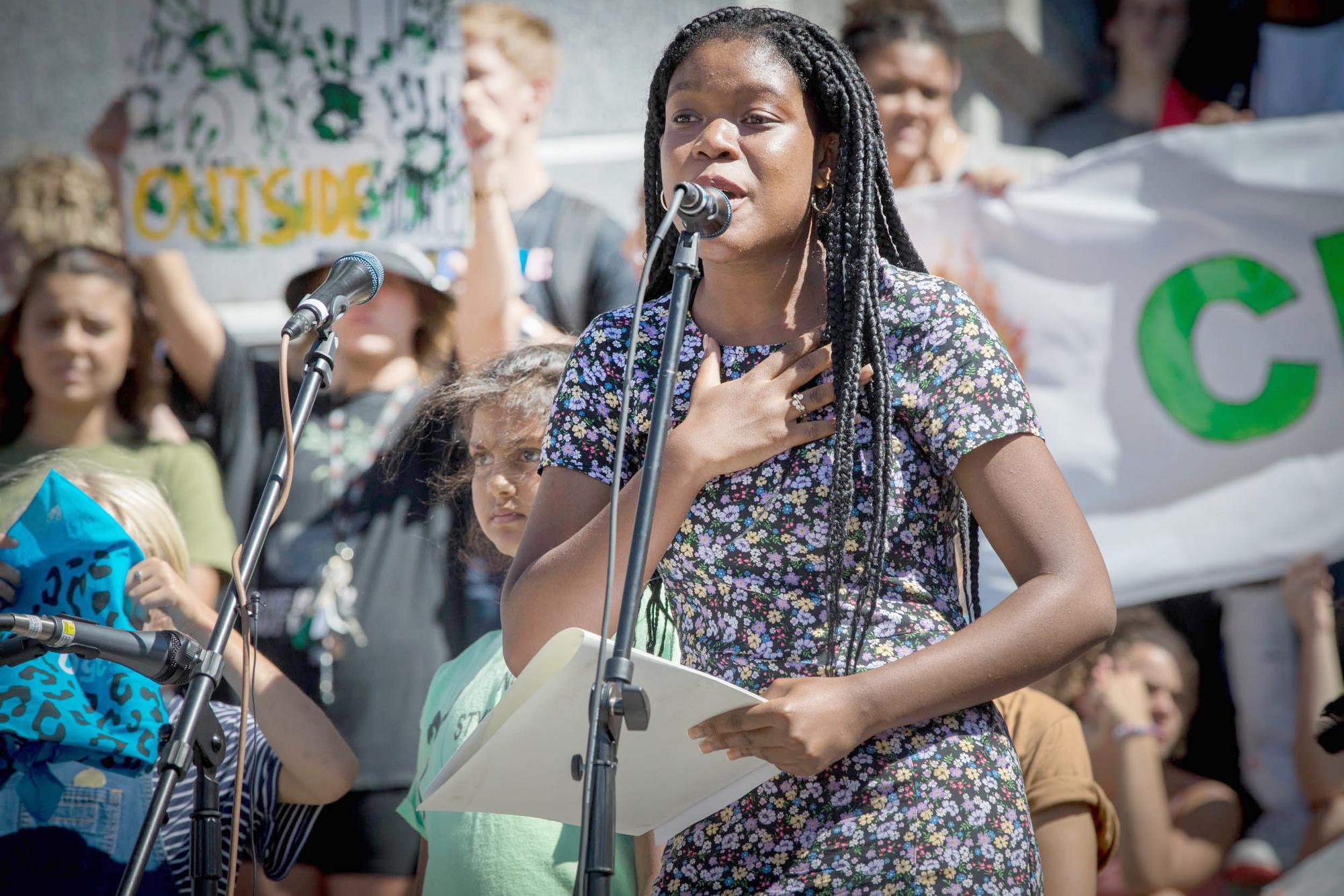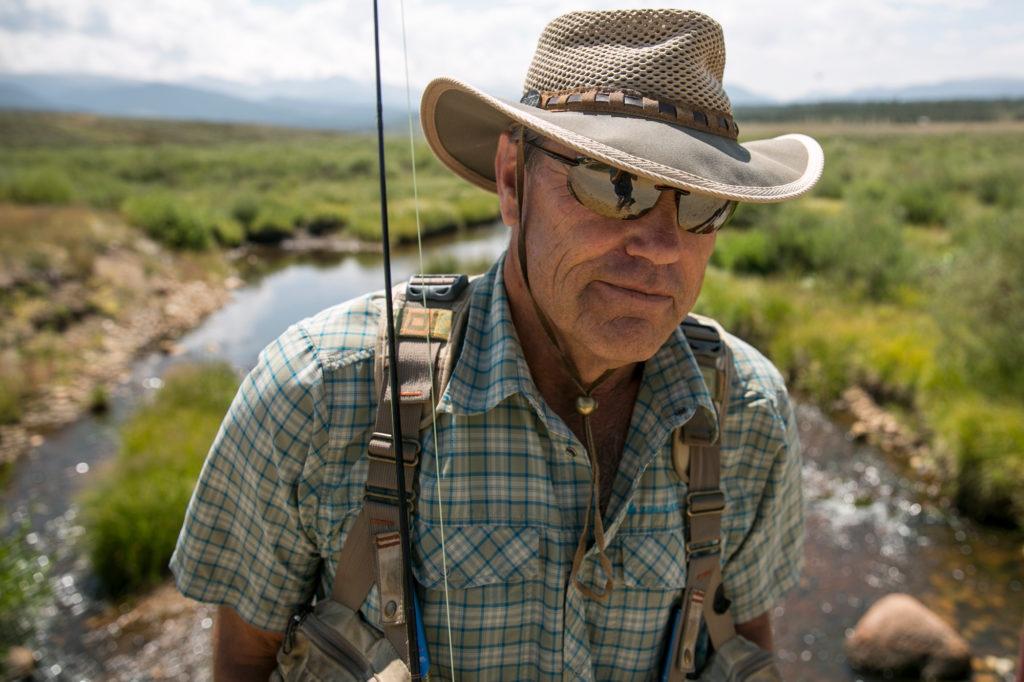
Last fall, high school senior Isha Kanu was all about raising awareness around climate change.
“I saw activists like Greta Thunberg and how passionate they were about it,” said Kanu who helped organize a youth climate protest in Denver. “I also thought it was really important as an African American young woman that I should be also seen at the forefront as well, to kind of represent other people like me.”
Then came the George Floyd protests, which took shape in Denver and across the country. Today, climate justice and racial justice are linked in the 18-year-old’s mind. That’s also influenced her first-time vote as well. She’s prepared to support Andrew Romanoff in the June 30 Democratic primary.
“There are so many minorities who see most of the effects of climate change and environmental issues,” Kanu noted.
As the country struggles with COVID-19 and a summer of protests, climate change continues to hold a place in the hearts of many voters. A new Pew Research Center poll done during nationwide state stay-at-home orders said two-thirds of Americans think the government should do more on climate change, including policies like tax-credits and tree-planting efforts. A majority of Coloradans have consistently identified with a conservationist mindset, according to the annual State of the Rockies Project polling data.
Very early in the run-up to the Democratic Senate primary, long before the coronavirus swept Colorado, climate change was seen as a big wedge issue between former Gov. John Hickenlooper, the national party’s choice, and his challenger, former state House Speaker John Romanoff. Blistering attacks were made on Hickenlooper’s perceived friendliness to oil and gas interests, including a bleak ad from Romanoff that imagined the future as a climate-ravaged hellscape.
For Kanu, Romanoff’s proposed hydraulic fracturing ban and support of the Green New Deal are the top-down progressive policies that the country needs. Interestingly enough, the ideas behind the Green New Deal are enough to draw distinctions for some voters, like retired Indian Hills resident Cheryl Touryan.
“I don’t agree with the Green New Deal,” said Touryan, who thinks the country should foster multiple energy options. “I support Hickenlooper because he seems to be the most thoughtful, willing to bring people together to work on the issue, knowledgeable about the science, and looks at the larger picture.”
Whoever wins the Democratic primary will face off against Republican Sen. Cory Gardner in November. The incumbent is banking on some conservation electoral help as well through his Great American Outdoors Act, which recently passed the Senate. If approved by the House, the bill would pump millions into the Land and Water Conservation Fund.

That’s a start, but not enough to win the vote of Republican Kirk Klanke, who calls himself a single-issue voter on conservation issues. A fisherman and outdoorsman in Grand County, Klancke said he’s seen the impact of climate change in hotter temperatures and lower water flows.
He longs for historical GOP statesmen like Teddy Roosevelt who made the environment a policy priority.
“The Republicans don’t seem to stand for that, which is why I’m contemplating registering as an independent after a lifetime of being a registered Republican,” Klancke said.
Even as voters grapple with which candidate meets their environmental values, there’s still another part of the equation. As 18-year-old Jeeva Senthilnathan couldn’t help but notice, Colorado’s hotly contested Senate race will lack racial diversity: Gardner and both of the Democratic primary challengers are white.
“In the end, it’s a white male getting up to the Senate,” said Senthilnathan, who helped organize the April 22 climate protests.
Climate change policy needs policy leaders who are thinking from a vantage point that has more racial and economic diversity, she said.
So what’s Colorado to do?
Senthilnathan’s solution comes from within. As the 2020 Colorado Democratic Party’s Murphy Roberts Young Volunteer of the Year award winner, she has dreamt of one day running for Congress.
“It’s time for representation, and it’s time to move forward with good progressive ideals,” she said.









